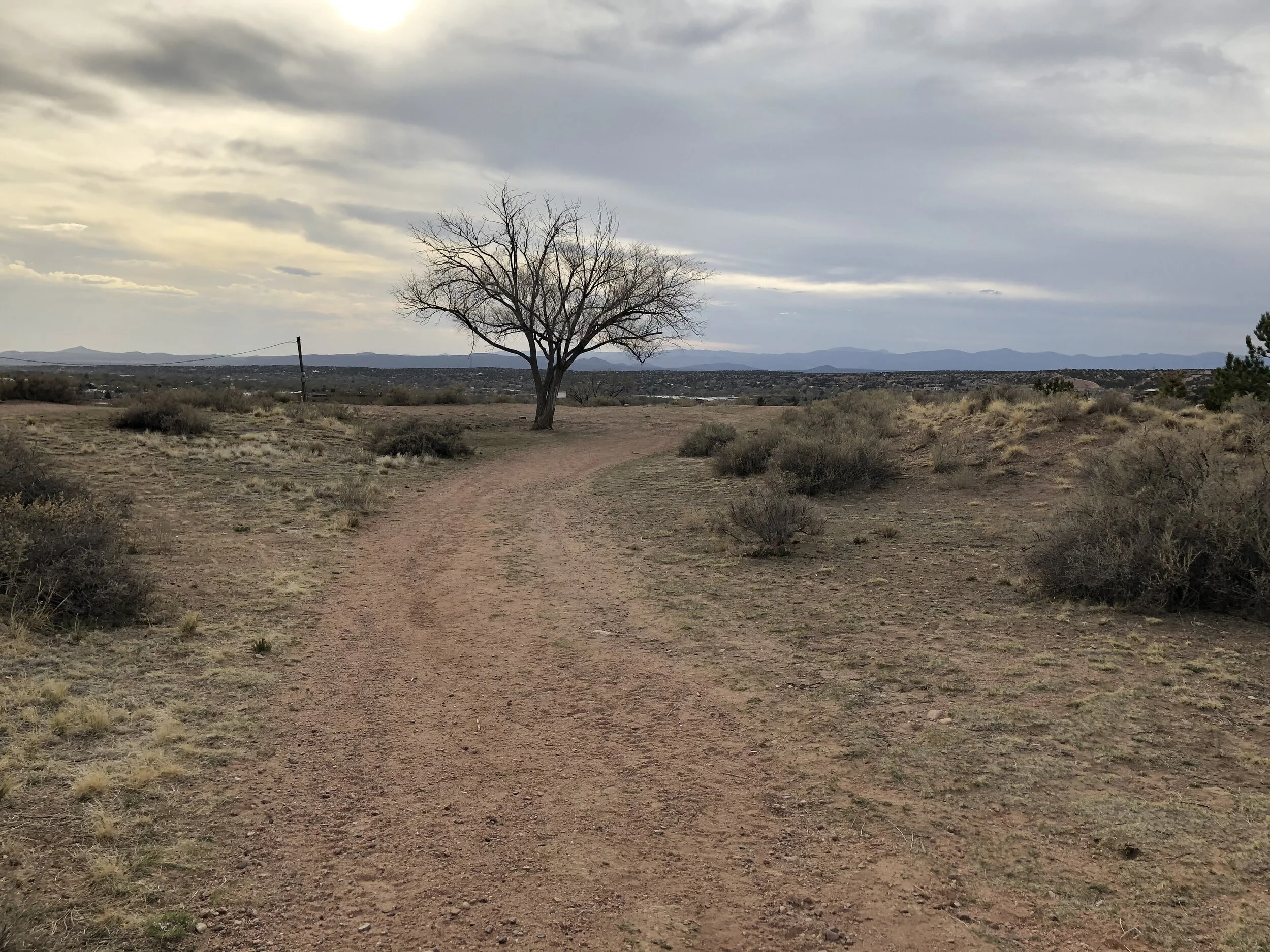How to do it all wrong
Actual photo of the obstacles I faced on the way to success. (John Margolies, Library of Congress)
Would you like to know my pricing strategy for when I expanded my music school to multiple teachers?
I took the teacher’s rate of pay for a thirty-minute lesson and added $5.
There was no thought to my own costs or the market rate or anything. It was a random number.
These initial mistakes in pricing compounded over time as I expanded my business. I couldn’t afford to hire support, so I worked long hours. I took on two new leases in order to grow, and put all the costs of renovation and furnishing on a credit card. And then, stretched to my limit, I took on another lease, just to ensure that I was completely trapped.
Already working six days a week, I put together weekend events, ensuring that I would be busy on many Sundays, too. These recitals, showcases, and music parties enlivened the experience for our students and their families, but I did so many of them that I exhausted myself. I had nothing left for my own students, and I started burn out.
What did I do? I added more programming and signed another lease. Surely, the way out of my hole was to dig deeper, right?
When I think back to how broke I was and how hard I was working, I wish there was someone who could have helped me. I read lots of business books, but they didn’t really tell me how to solve some of these basic and unglamorous problems. I needed guidance, and I didn’t know where to find it.
Eventually, I changed that. Over the years, I received advice and support from a variety of mentors, paid and unpaid. I’ve found community with other entrepreneurs. These experiences have been so critically transformative that I’ve dedicated the next part of my career to supporting my fellow business owners so that they don’t have to make all of the mistakes that I did.
I spent so long carrying shame around my failure as an entrepreneur: the debt, the programs I launched that no one bought, the programs I said I was going to create but didn’t, the delusions of grandeur that spurred me to make expensive and stupid decisions. There were several times when I needed to approach friends, family, and corporations for loans so that I could pay my team (never mind that I wasn’t getting paid). It felt horrible.
What eventually led me out of this shame wasn’t the improvement in my fortunes. What came first was the sense that I wasn’t alone. I learned that other people—my peers—had done dumb things, too, and lived to tell the tale. Nothing that I was experiencing was unique or fatal, and there was hope.
As I got to know other entrepreneurs, I realized that amidst the cringe-inducing errors I was responsible for, I had done something pretty cool: I put myself out there before I was ready. I took a risk and I was willing to learn as I went along. I was in good company in this regard, too, and this basic entrepreneurial trait continues to be an important part of my story.
I’m not someone who has it all figured out. That’s not why I write, and that’s not why I mentor others. Rather, I’m someone who knows that I don’t have to have it all figured out before I share what I’ve learned and what I see, and neither do you. I did everything wrong, and I survived—and so can you. It doesn’t diminish what we have to offer; indeed, what we uncover from our painful and difficult experiences might just enhance it and lead us in new directions. That’s what’s happened for me, and it’s why I do what I do.





